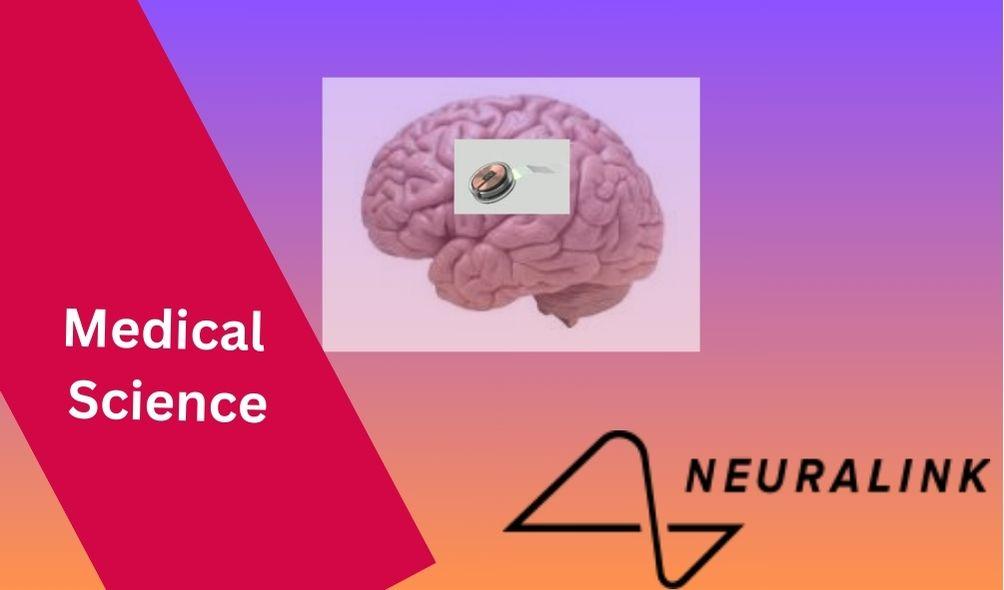Neuralink, a brain-computer interface (BCI) company spearheaded by Elon Musk, is at the forefront of a technological revolution. It aims to create a seamless connection between the human brain and computers, with the potential to transform our interaction with the world and even enhance our cognitive abilities. While still in its early stages, Neuralink's future holds immense promise and ethical considerations that demand careful exploration.
In January, conducted the first human implantation of human brain-computer interface (BCI). We were able to detect the participant’s neural signals shortly after the implantation surgery, and since then, he has used end-to-end BCI system for various applications, like playing online chess and Sid Meier's Civilization VI*. https://youtu.be/25DgJNGwC0g
It marks a significant milestone towards making BCI technology available to potentially restore autonomy to millions of people with unmet medical needs. We’ve prepared this blog post to share a high-level snapshot of where we are as a company: the mission that guides us, the technology we have built, the study we are currently conducting, and the work we have yet to do.
Revolutionizing Healthcare: Neuralink's primary focus lies in the medical field. Imagine a world where paralyzed individuals can regain control over their limbs through brain-computer interfaces. Neuralink's technology aspires to restore movement, speech, and even vision to those who have lost these abilities due to injuries or neurological diseases. Additionally, BCIs could be used to monitor brain activity for real-time diagnosis and treatment of neurological disorders like epilepsy or Parkinson's disease.
Augmenting Human Capabilities: Beyond restoring lost functions, Neuralink envisions a future where BCIs can enhance human capabilities. Imagine a scenario where information can be directly uploaded or downloaded from the brain. Learning a new language or acquiring complex skills could become a matter of interfacing with a computer system. Furthermore, BCIs could potentially improve memory, focus, and overall cognitive function.
The Future of Communication: Neuralink's technology could revolutionize the way we communicate. Imagine telepathic communication, where thoughts are directly transmitted from one brain to another. This could foster a deeper level of understanding and potentially break down language barriers. However, ethical concerns arise surrounding privacy and the potential for manipulation.
Merging with the Digital World: As the lines between the physical and digital worlds blur, Neuralink could play a crucial role in our interaction with the metaverse, a virtual world mirroring our own. Imagine seamlessly integrating with virtual environments, manipulating objects with our thoughts, and experiencing a level of immersion previously unimaginable. However, the potential for addiction and the impact on social interaction in the real world require careful consideration.
Ethical Considerations: Neuralink's ambitions are undeniably exciting, but they raise significant ethical concerns. Issues of data privacy and security are paramount. Brain-computer interfaces could potentially access our most private thoughts and memories. Furthermore, the potential for manipulation of brain activity or the creation of a "cognitive divide" between those who can afford BCIs and those who cannot, necessitates ongoing ethical discussions and regulations.
The Road Ahead: Neuralink's journey is still in its early stages. Current clinical trials focus on safety and efficacy, with a long road ahead before widespread adoption becomes a reality. Technological advancements in areas like miniaturization, biocompatibility, and signal processing are crucial for creating safe and effective BCIs.
Neuralink's potential to transform healthcare, communication, and our interaction with the digital world is undeniable. However, navigating the ethical complexities and ensuring responsible development will be paramount. As we bridge the mind-machine divide, careful consideration must be given to the impact on our humanity, privacy, and social fabric.


